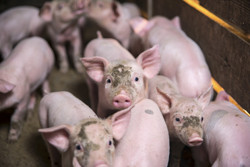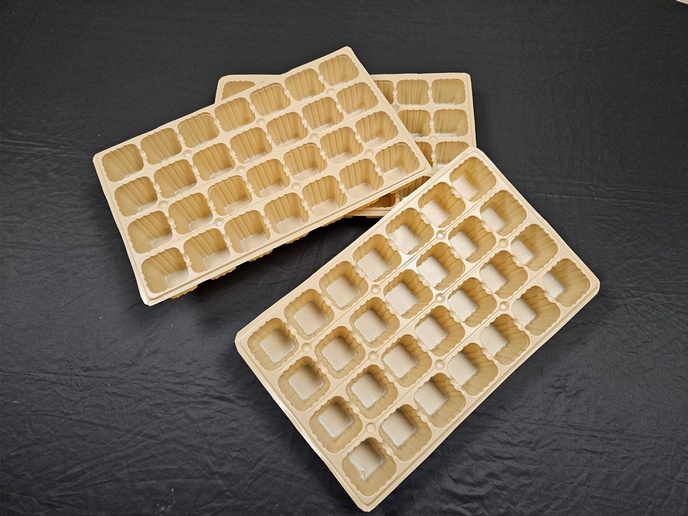Reducing waste from pig farms
Pig slurry from industrial pig farms is a major economic and environmental concern, and also the subject of strict EU legislation. This has resulted in high operating costs and decreased competitiveness for European pig farmers. The EU-funded EFFICIENTHEAT(opens in new window) project aimed to build and test an on-site waste processing and recovery system for pig farms.Researchers optimised each part of the system through vigorous testing and optimisation. This included studies of pig slurry composition and variation, as well as evaluating various components of the proposed system. EFFICIENTHEAT produced a prototype system that incorporated the precipitation of struvite (a nitrogen-, phosphorus- and magnesium-containing mineral), nitrogen removal and heat exchange. After testing in a lab, a second version was installed on a farm in Switzerland for testing in situ. The prototype reduced ammonia emissions by 95 % and reduced overall costs by 40 %, while recovering 100 % of phosphorus and 15 % of nitrogen from the slurry. EFFICIENTHEAT outcomes are expected to result in improved waste management and an increase in overall competitiveness for hundreds of European pig farms.







